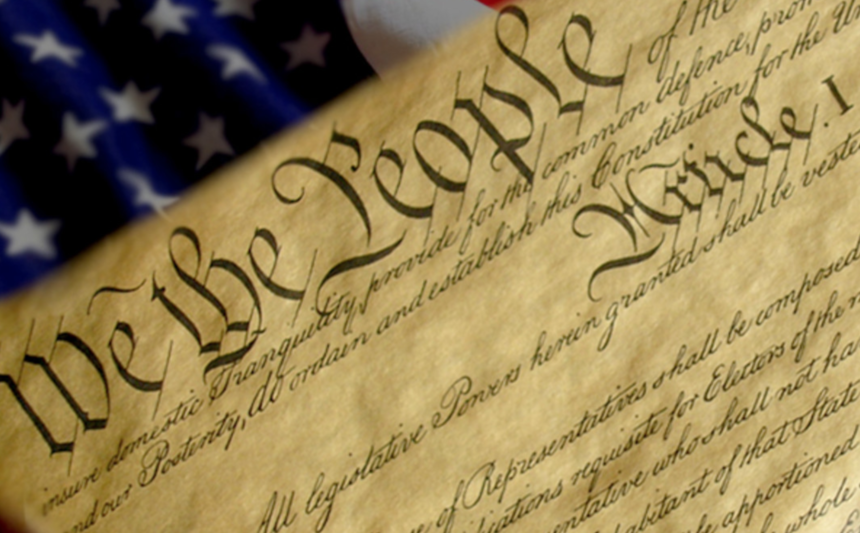Law professor explains if Colorado’s ‘safer at home’ order is constitutional

COLORADO SPRINGS, Colo. (KRDO) - With nearly three weeks left until Gov. Jared Polis' 'safer at home' order comes to an end, the number of people who argue COVID-19 restrictions are unconstitutional continues to grow.
Many people -- including protesters in Denver and a group that's surfaced out of Teller County -- think the restrictions mandating businesses remain closed go against our rights outlined in the U.S. Constitution.
Multiple businesses in more rural areas of the state have decided to open their doors in spite of the rules, citing their constitutional rights.
Robert Nagel, a constitutional law professor at the University of Colorado Law School in Boulder, tells KRDO the restrictions are most definitely infringing on our rights -- but that doesn't necessarily mean we'll see any remedy for what's happening. He says, historically, this has happened before.
"We have had very large expansions of governmental power during times of emergency," said Nagel.
He cited the limitation on freedom of speech during WWI and Japanese internment camps during WWII.
However, Nagel did say there's actually no exception to our rights written in the federal constitution.
"There's not any constitutional provision or principle that says constitutional rights can be violated when we have an emergency," he explained.
On the contrary, he argues the opposite was said during the Civil War.
"The courts said the constitution restrains the government in good times and bad," said Nagel.
Despite the fact that Nagel says our rights are temporarily being violated -- he said he's not worried as long as things go back to normal soon.
"The long term danger is that the public at large comes to accept this sort of pervasive restrictions on liberty as something that the government is just permitted to do, or even demand it as a normal thing," said Nagel. "There are dangers out there every day."


